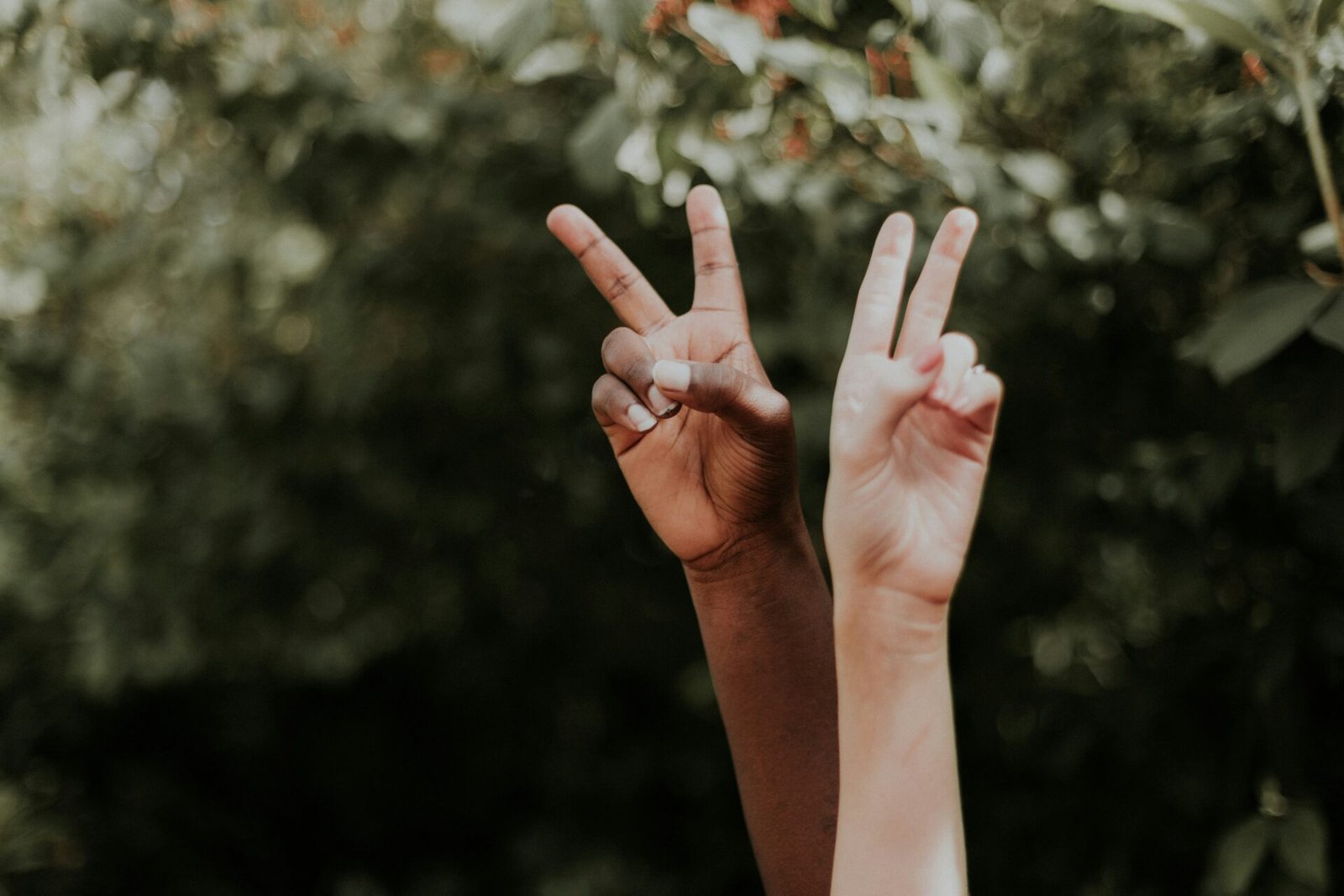I don’t like structure in my own life, but I love to organize and structure things. This probably stood out a lot in my recent articles. Now, dangerously close to a burnout episode, I felt like writing something freer, in a flow, about what is currently holding my fragile mind together.
I am well aware of what burnout is and why it happens to me specifically: when I cannot accept circumstances over which I have little to no control, and I pour all my energy into fighting windmills instead of listening to my own rhythms. Perhaps this, in itself, is my rhythm. And when, despite all efforts, no results become visible for a long time, burnout begins. I catch it immediately because it’s neither the first nor the last time, and I start trying to pull myself out. But each time the methods are different. One burnout led me to therapy, while the next wants to isolate me even from that.
This “attempt of burnout” is marked by certain metamorphoses happening inside me—either simultaneously or as part of it—including a reevaluation of priorities. My well-being, my child — my family are demanding attention. I must learn to let go of everything else, doing only the necessary minimum, and this is deadly hard for a project-driven person like me.
So what is holding me up now, what keeps me from collapsing?
What to hold on to when everything is falling apart
Sleep
First and foremost, I do allow myself to rest as much as possible. I force myself to sleep instead of stewing in thoughts or scrolling the internet—sleeping a lot, both during the day and at night. It’s difficult because my brain screams that I’m wasting time—which I know is not true—and so we argue. Gradually, I do start winning this argument.
Body
The body needs more than just sleep. The body itself is important. The body has been shouting for a long time—actually, it’s often the first to cry out—but we don’t listen, we abuse it, thinking it’s resilient and can wait. (spoiler: it can’t.) The body is a tool through which we can perform wonderful things on ourselves—understand ourselves, listen, nourish ourselves, including with beauty; regulate ourselves and release what’s unnecessary. Touch, walks, dance, shaking, acupuncture mat, tapping, yoga, massage, fine motor skills (piano, embroidery), breathing, breathing—there are countless things you can do with the body—with yourself.
People
In recent years, psychotherapy has been a reliable support for me. But now, I don’t feel it as one of my main pillars. Of course, it’s always comforting to have a constant relationship where you are known as you are, never judged, always supported—the presence and consistency are valuable above all. Yet, currently, this relationship has faded into the background because I want to isolate myself. I really don’t want people. People are scary, anxiety-inducing, hectic, and draining. At the same time, I understand that self-isolation would also destroy me now, so I try to balance wisely.
I created a support circle for myself, and we meet weekly to talk. Because Barbara Sher said isolation is the killer of dreams, and I know she was right. Now, coming together in communities is more important than ever.
Child
The child is also an energy drainer. At the same time, I understand that investing in the child helps me feel better. Simply observing this little miracle does too.
Small things
Like the book I just allowed myself to buy to celebrate entering university. Like the tea whose aroma I can breathe in — is it linden or thyme for me now? The scents of flowers, mushrooms, rain — summer. Growing plants. Feeling nature through touch — feet in the grass, nose in the blueberries.
Hobby
For nearly eight years, this blog has been one of my supports. Today, I also realized that Duolingo has been part of my life for over ten years. These small, consistent things are also a form of therapy, a framework for the psyche.
Acknowledging one’s feelings
To be. Or, as I say, “I want to be like Buddha — come what may.” To be means first and foremost to acknowledge how you feel right now, to accept reality, to name it. I am tired, scared, and anxious.
Cleaning
Cleaning itself is grounding. Besides that, by organizing your external space and getting rid of the unnecessary, you create clarity and silence for yourself, gaining a sense of at least some control.
Structuring
I belong to those who hate routines and daily structure. That does not mean I don’t need it — no, each of us needs structure, stimuli, and relationships). But, as with any tool, you must find what works for you.
Since my mind is overwhelmingly full and overstimulated, it’s logical to unload all this somewhere. I can’t keep up with my own ideas, so I wrote them down and structured them on paper — some went into a notebook, some on the walls. I also filled my Google Calendar as much as possible, but not to the point of suffocation, rather to create minimal structure with maximum options. I have five color-coded categories there: events, routines, focus time, time with my child, and rest. For each category, there’s a list of options to choose from — this helped a lot.
Because I spent a lot of time worrying about lack of time, I decided it’s also worth writing that anxiety down on paper.
Journaling
I always knew the power of journaling, but it has never been as helpful as it is today. A diary at the end of the day helps me remember and become aware of what actually happened today, what day of the week it is, the date, the year. It is also a form of control. It helps me fight the inner critic who insists I have done absolutely nothing today, that time is passing while I remain idle. Here are the facts for you, critic: I do a lot. By writing, I force my overwhelmed protector to have a voice too, I push myself to praise and appreciate my efforts and myself as a person. I even discovered that I am quite a good mother, despite everything my inner critic had previously claimed.
Reading
I’ve reduced my reading to a minimum. It’s terrifying because reading has almost always been my main way to relax. But it’s time to admit to myself that right now it exhausts my overloaded brain.
During my previous burnout episode, I used to read Barbara Sher at night—until I finished the whole book. She wrapped me in warmth, speaking about familiar things and complexity with simple wisdom. Reading therapists has generally become my kink now. I recently found a new favorite, Yuliya Savchuk, who just started doing live streams on Thursdays. I highly recommend her for Ukrainian speakers. Earlier Yuliya contributed to my article with advice on how to choose a psychotherapist. She has recordings on her page you can watch, and I’m very grateful for that support. Usually, listening is hard for me, but this time, while I can’t read, it’s really okay.
It’s okay not to read for a while; it’s not some obligation or prison — it should be a joy. (Lying, I just bought a book, but let’s say this is about the rare joy of buying and celebrating my admission to the Swedish university.)
Go with the flow
Admission to a Swedish university is a wonderful reason to be proud of myself — just figuring out the local system took considerable effort. But it also awakens a lot of fears that I simply won’t manage solo motherhood, learning Swedish, studying at university, and working all at once. Especially now, it’s valuable to learn to let go, to do what is possible, and in the rest — allow the universe to take care of itself, since it has somehow managed so far.
In my journal, I often remind myself: I am alive. And that is truly so — with all that comes with it. We are alive, we are different, we change. The tools that worked yesterday don’t work today, dreams and goals may become irrelevant, everything needs constant reassessment. Everything flows, everything changes — and that’s what life is.



